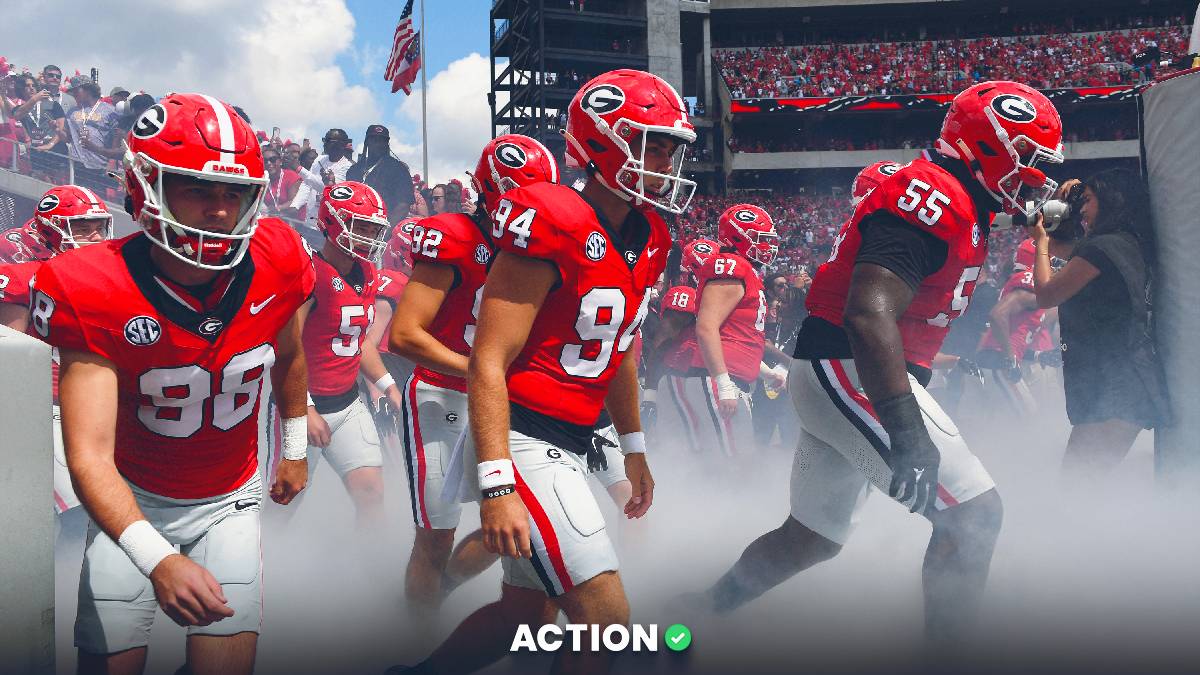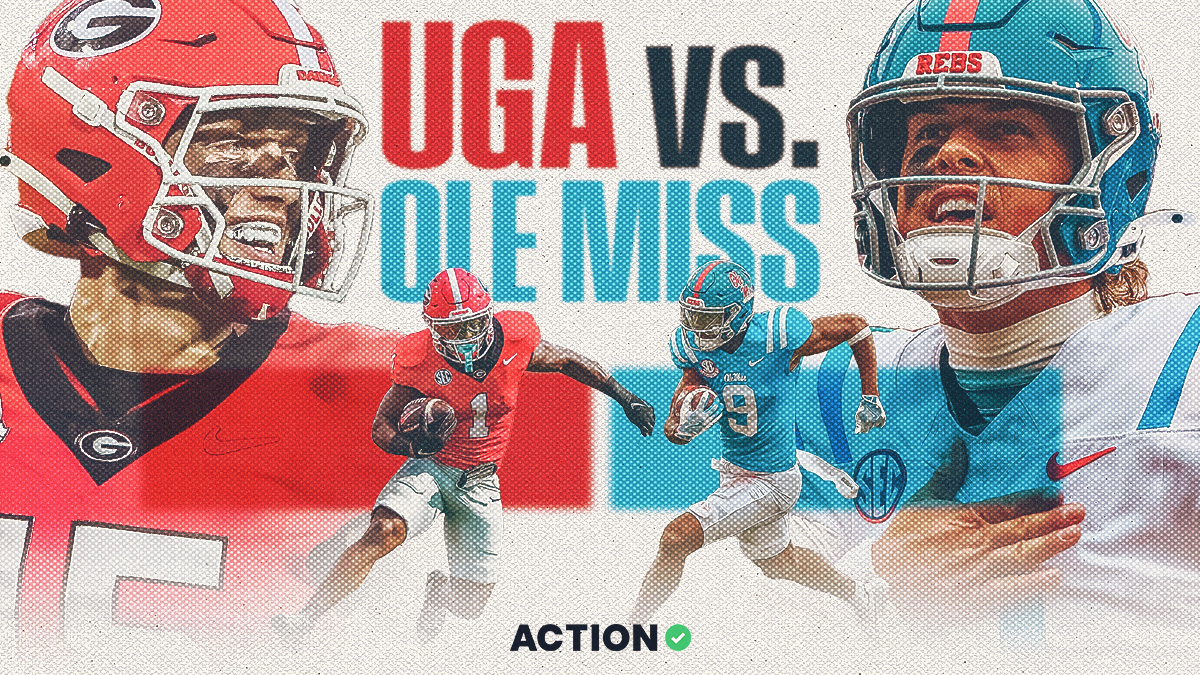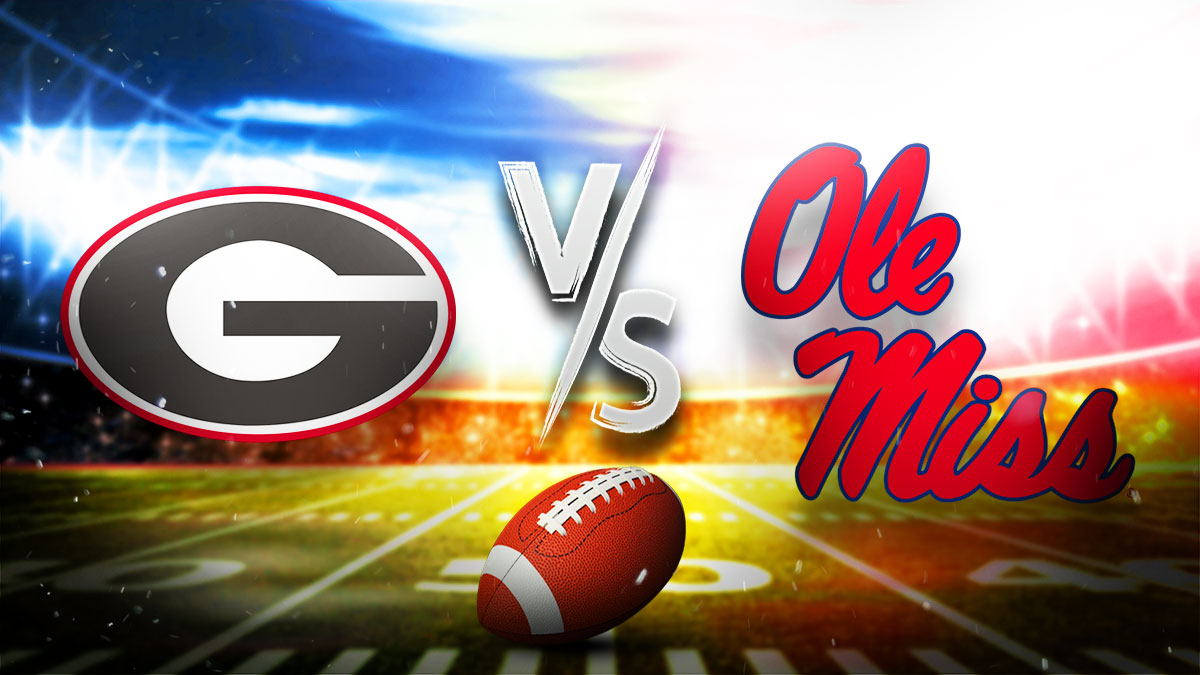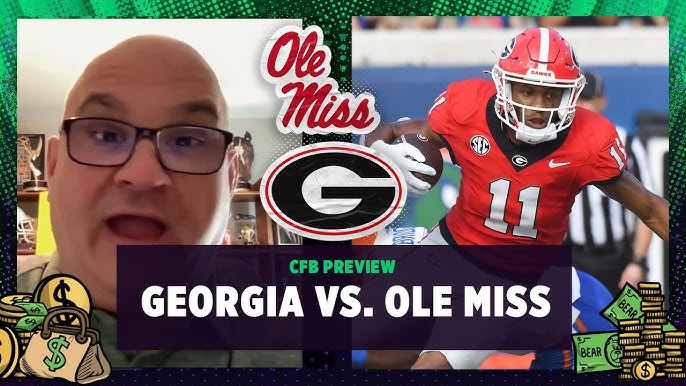Alright, let’s dive into this “georgia vs ole miss prediction” thing. It wasn’t some super complex project, but I learned a few things along the way, so I figured I’d share my experience.

The Initial Idea
So, it all started with a casual conversation. You know, typical sports banter. Someone mentioned the Georgia vs. Ole Miss game, and naturally, everyone started throwing out their predictions. I thought, “Hey, why not try to make a more…informed guess?” Not like I’m a pro or anything, just wanted to see if I could apply a bit of a data-driven approach.
Data Gathering – The Grind
This was honestly the most tedious part. I started by scouring the web for stats. I’m talking team records, offensive and defensive stats, recent game results, even weather forecasts for the game day. Sites like ESPN and a few college football data sites became my best friends. I literally copied and pasted stuff into a spreadsheet. Messy? You bet. Effective? Eventually.
- Team Records: Wins, losses, all that jazz.
- Offensive Stats: Points per game, rushing yards, passing yards, etc.
- Defensive Stats: Points allowed, yards allowed, turnovers forced.
- Recent Game Results: How’d they do against similar opponents? Any blowouts or close calls?
- Weather: Rain, wind… affects the passing game, you know?
Simple Analysis – My Caveman Approach

I’m no statistician, so I kept it simple. I created some basic formulas in my spreadsheet. I calculated averages, looked at the differences in offensive and defensive performance between the two teams, and tried to identify any clear advantages. For example, if Georgia had a significantly better rushing defense than Ole Miss’s rushing offense, that was a point in Georgia’s favor.
Factoring in the “Gut Feeling” – Because, Let’s Be Real
Look, I’m not going to pretend that this was purely objective. I watched some game highlights, read a few articles from sports analysts, and yeah, even considered my own biases (I kinda like Georgia). This “gut feeling” got added as a small weight to the data I had. I know, it sounds unscientific, but it felt right.
The Prediction – Drumroll, Please
Based on my super-scientific (ahem) analysis, I predicted that Georgia would win by about 7-10 points. I figured their defense would be the key factor.

The Actual Game – The Moment of Truth
Okay, so… I wasn’t exactly right. Georgia won, but not by as much as I predicted. Ole Miss put up a better fight than I anticipated.
Lessons Learned – What I’d Do Differently Next Time
So, what did I learn? A few things:
- More Data: I could’ve gathered more data points. Things like player injuries, coaching changes, and even home-field advantage could have been factored in more effectively.
- Refine the Formulas: My analysis was pretty basic. I could’ve used more sophisticated statistical methods to weigh different factors. Maybe look at things like standard deviation instead of just averages.
- Less Gut, More Data: While I stand by the fact that gut feeling plays a role, I probably weighted it too heavily. Next time, I’ll try to be more objective and let the data speak for itself.
In Conclusion – Was It Worth It?

Even though my prediction wasn’t spot on, I had fun with this little project. It was a good exercise in data gathering, analysis, and critical thinking. Plus, it gave me a bit of bragging rights (even if my prediction wasn’t perfect!). I’d definitely do it again, and I’d encourage anyone interested in sports or data to give it a try. Just don’t bet the house on my predictions – yet!














